
73 year old widow Umm Ahmad inside her home in Kafr Batna, Syria, March 26, 2017. @AbdDoumany @AFPphoto @afpfr: image via L'Instant-ParisMatch @instantmatch, 27 March 2017

#TalesFromTheBorder: #AP's two-week travelogue along the US-Mexico border [photo Rodrigo Abd]: image via AP Images @AP_Images, 31 March 2017

#TalesFromTheBorder: Every 30 minutes, a crew of U.S. workers welds another segment of the border fence into place.: image via AP Images @AP_Images, 31 March 2017
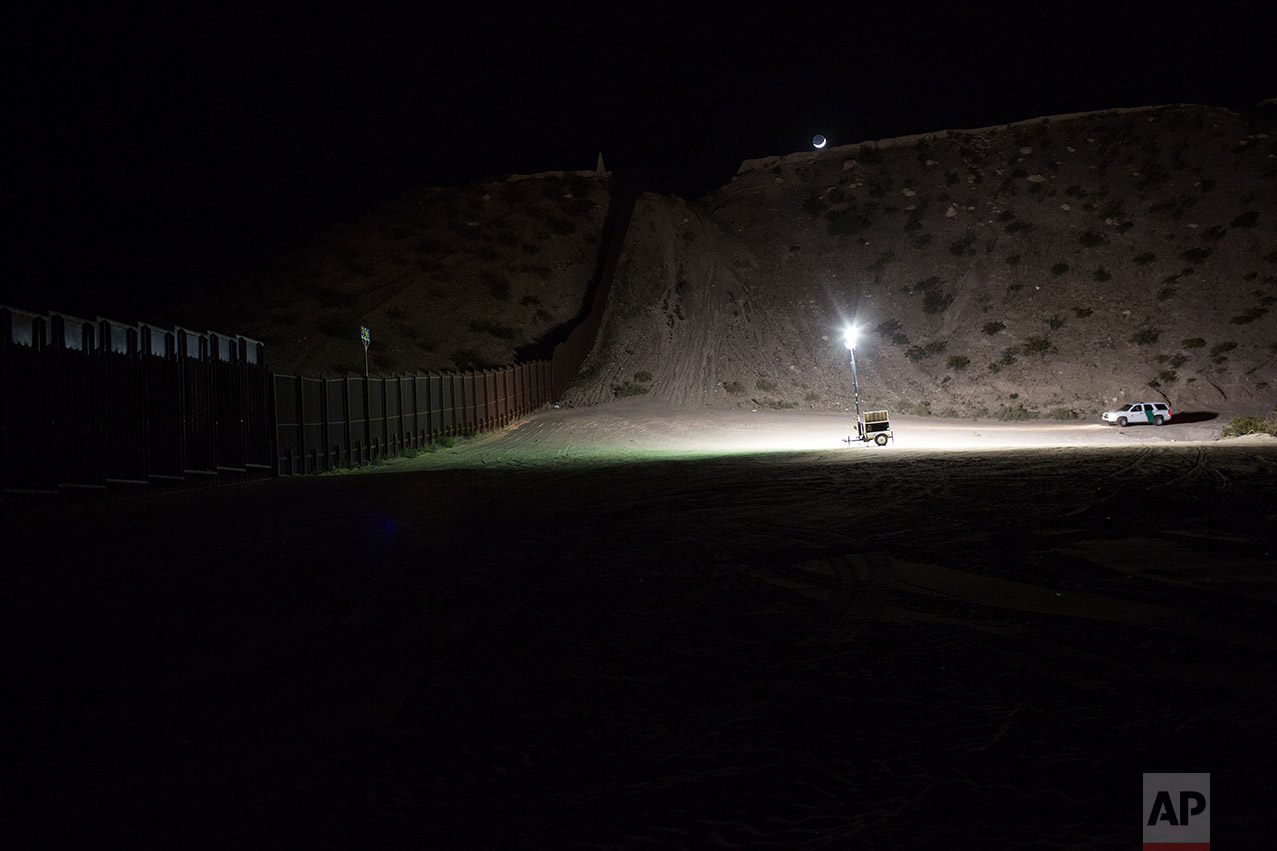
A Border Patrol vehicle patrols near the fence at the US-Mexico border in Sunland Park, New Mexico, US, Thursday, March 30, 2017.: photo by Rodrigo Abd/AP, 30 March 2017
Joseph Ceravolo: Fleeing the western eternality (three late poems)

Street Wise Romantic
The streets are empty and still,
between the red time,
then start again.
Trucks bouncing by,
cars to work, work.
The farms are disappearing as I noticed
years ago along this old route.
Now the farms lie beneath
hotels, office complexes whose beauty
is beyond the senses
in some economic realm fortified
by the delusions of power and inequity.
But the farms are lying beneath
and large poisonous plants
fusing the electrical circuits beneath.
No there’s no death to evil,
it rises again, now in war, now in bucks
now in land, now in power,
it rises up forever until the end,
when the light may intercede and remain.
Seek refuge from the fantasy
into one other fantasy.
We see violence done on subways on streets
but we don’t see violence done
in a new class system or economic twist.
Does it murder just as well?
Nothing can be done.
It will go on and on
until the intercessions of the sun.
Everything else has failed, and will,
but the innocence of youth
and the momentum of dawn.
Joseph Ceravolo (1934-1988): Street Wise Romantic (December 7, 1984), from Collected Poems, 2012
The streets are empty and still,
between the red time,
then start again.
Trucks bouncing by,
cars to work, work.
The farms are disappearing as I noticed
years ago along this old route.
Now the farms lie beneath
hotels, office complexes whose beauty
is beyond the senses
in some economic realm fortified
by the delusions of power and inequity.
But the farms are lying beneath
and large poisonous plants
fusing the electrical circuits beneath.
No there’s no death to evil,
it rises again, now in war, now in bucks
now in land, now in power,
it rises up forever until the end,
when the light may intercede and remain.
Seek refuge from the fantasy
into one other fantasy.
We see violence done on subways on streets
but we don’t see violence done
in a new class system or economic twist.
Does it murder just as well?
Nothing can be done.
It will go on and on
until the intercessions of the sun.
Everything else has failed, and will,
but the innocence of youth
and the momentum of dawn.
Joseph Ceravolo (1934-1988): Street Wise Romantic (December 7, 1984), from Collected Poems, 2012
"I have a bad day..."
....,,
I have a bad day today
I'm having a bad day
Bad as of an angry spirit,
although it's a beautiful day
and I call upon a new baptism,
one that will not drown
but at least hold suffering
under water long enough
for the fugitive spirit to fly.
I'm having a bad day
Bad as of an angry spirit,
although it's a beautiful day
and I call upon a new baptism,
one that will not drown
but at least hold suffering
under water long enough
for the fugitive spirit to fly.
I have a day today
one that is bombarded
with calcium and flowers of Nueva York
of buildings and stainless steel dreams,
of beasts and hymns
of the setting sun, held
down long enough
in the western eternality
for the fugitive spirit to fly.
one that is bombarded
with calcium and flowers of Nueva York
of buildings and stainless steel dreams,
of beasts and hymns
of the setting sun, held
down long enough
in the western eternality
for the fugitive spirit to fly.
Joseph Ceravolo (1934-1988): "A man listens..." (March 31, 1988), from Collected Poems, 2012
"A man listens..."
....,,
....,,
A man listens to music next to me, and
a woman next to him listens
to music, and a woman reads next to her.
Two men talk, one a white boy
the other a black white bearded man
a woman next to him listens
to music, and a woman reads next to her.
Two men talk, one a white boy
the other a black white bearded man
describing the stops along the tracks.
Sweet descriptions and voices
Sweet descriptions and voices
of holy mankind, holy rites
along the route to Troy.
But where is the warrior and where
is the guide, O Hermes
in the drafty Spring moonlight
where wind shakes apart tears
that soldiers keep to themselves
even in the music of the trees that set
them free along the holy ring of stars
in the destruction of the world
Joseph Ceravolo (1934-1988): "A man listens..." (March 31, 1988), from Collected Poems, 2012
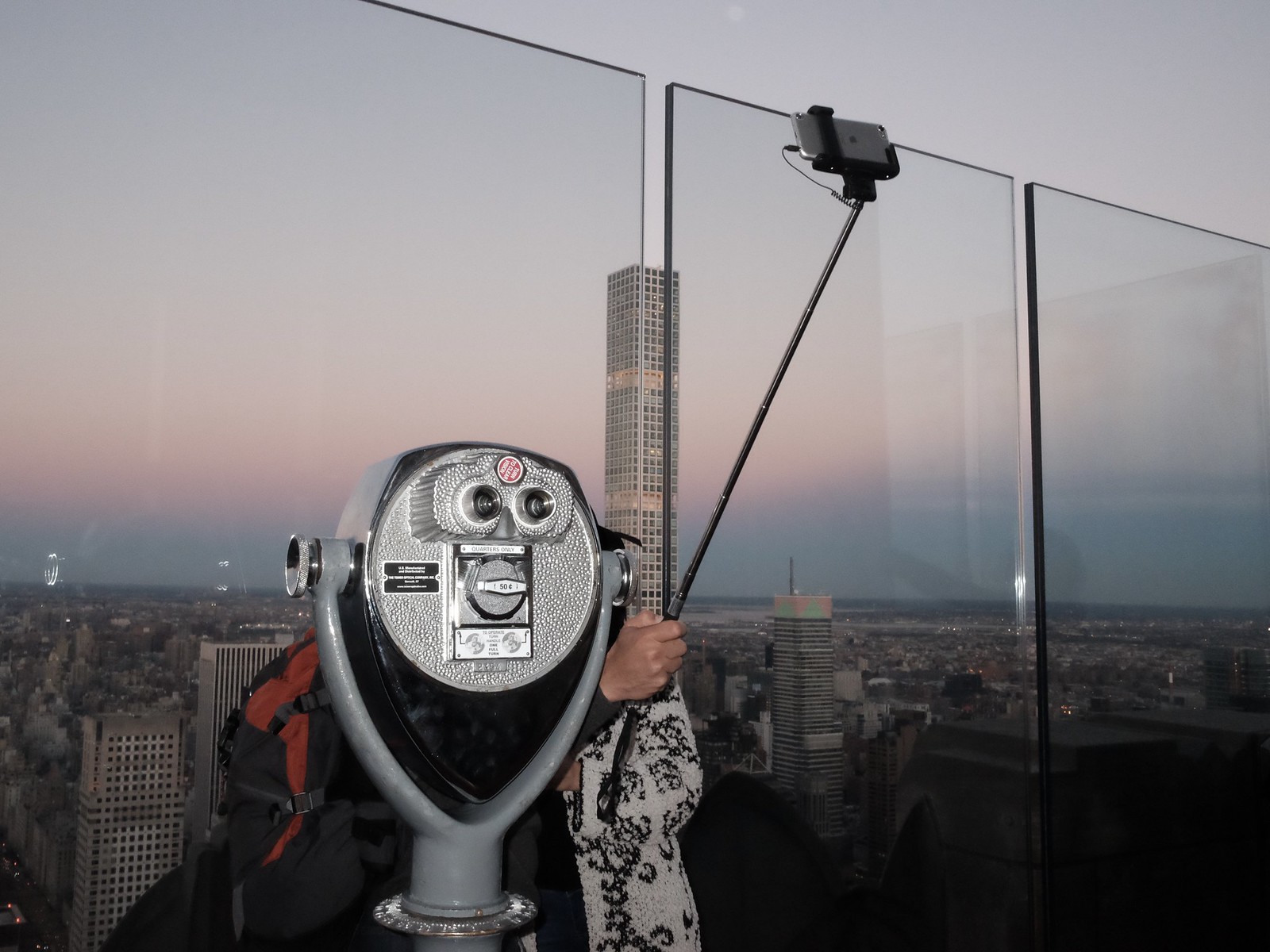
[Untitled]: photo by THANASORN JANEKANKIT, 30 January 2017

[Dhaka]: photo by Muhammad Imam Hasan, 18 February 2017
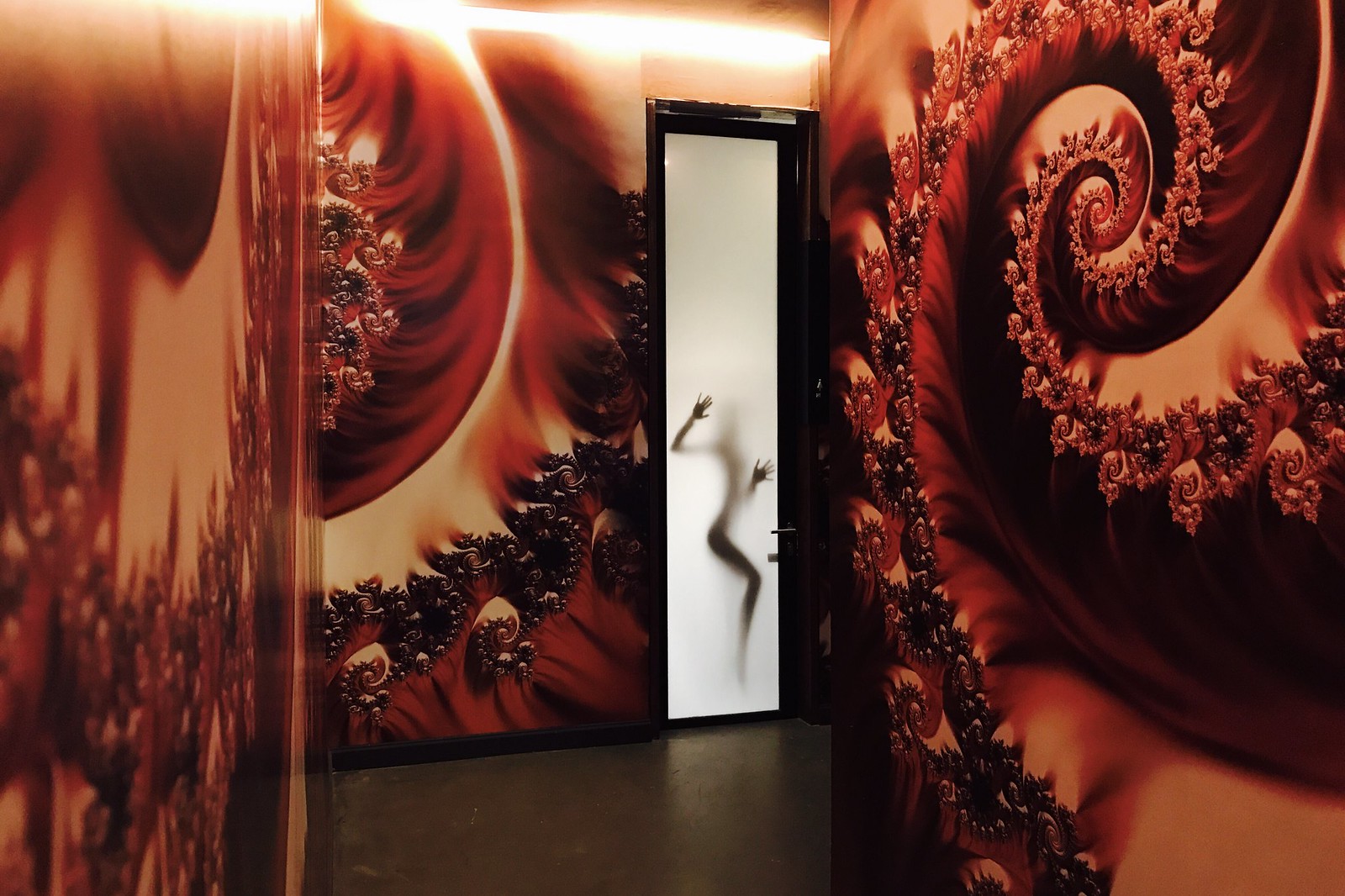
[Phetchaburi, Thailand]: photo by Rammy Narula, 22 September 2016

[Phetchaburi, Thailand]: photo by Rammy Narula, 22 September 2016

[Phetchaburi, Thailand]: photo by Rammy Narula, 22 September 2016
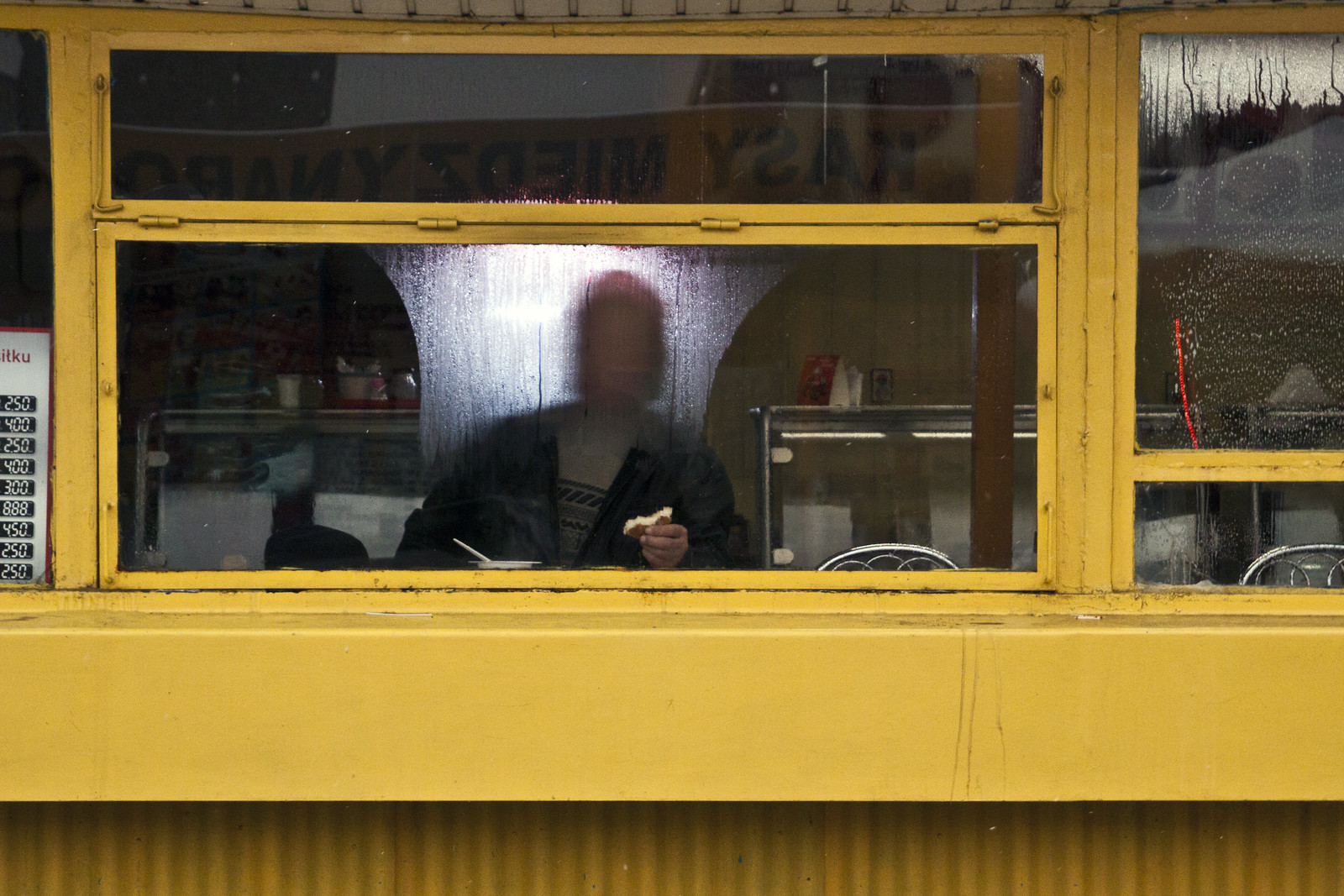
[Krakow]: photo by Jamie Howard, 11 December 2012

[Krakow]: photo by Jamie Howard, 11 December 2012

[Krakow]: photo by Jamie Howard, 11 December 2012
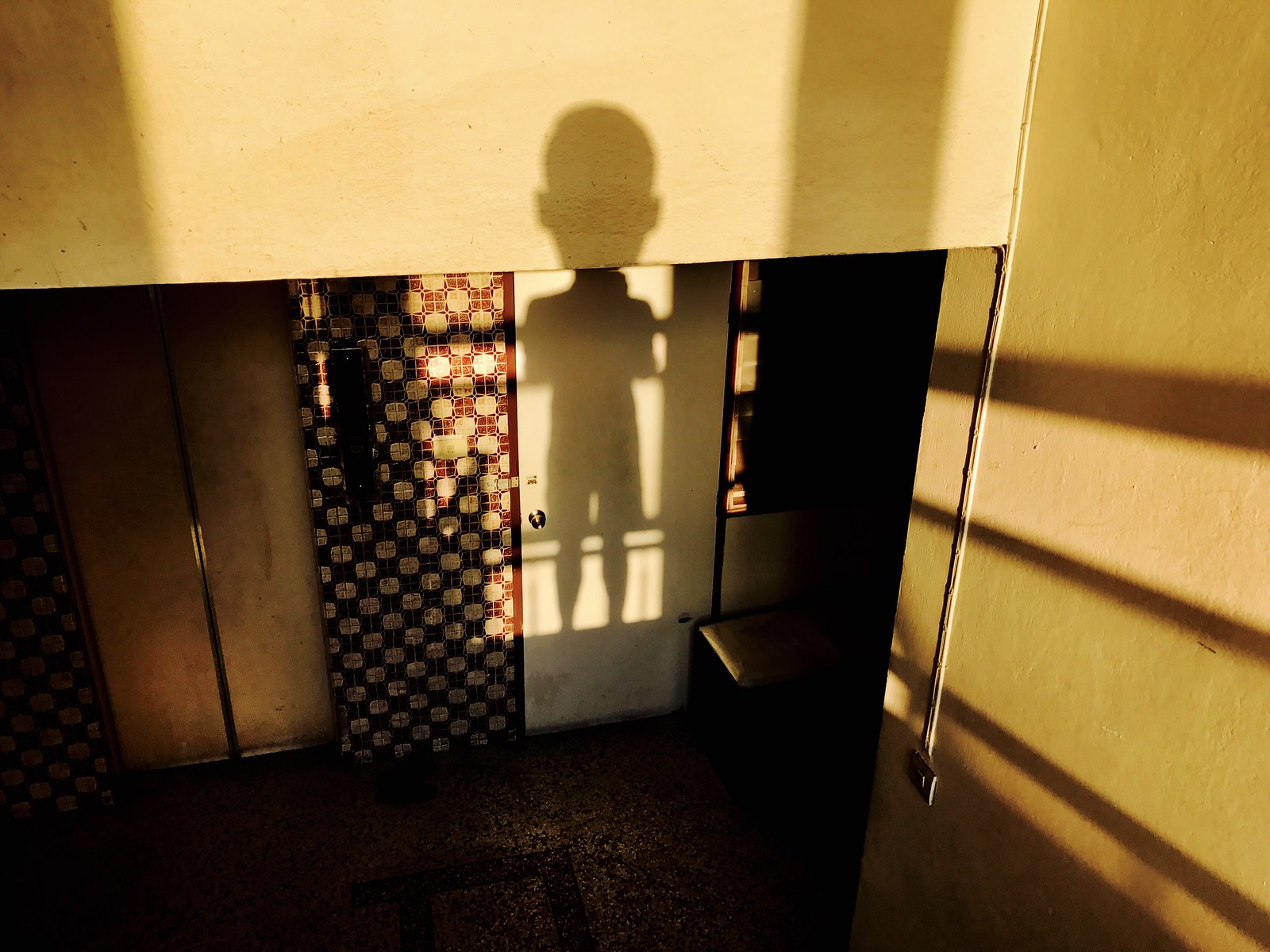
[Bangkok]: photo by Rammy Narula, 3 March 2017
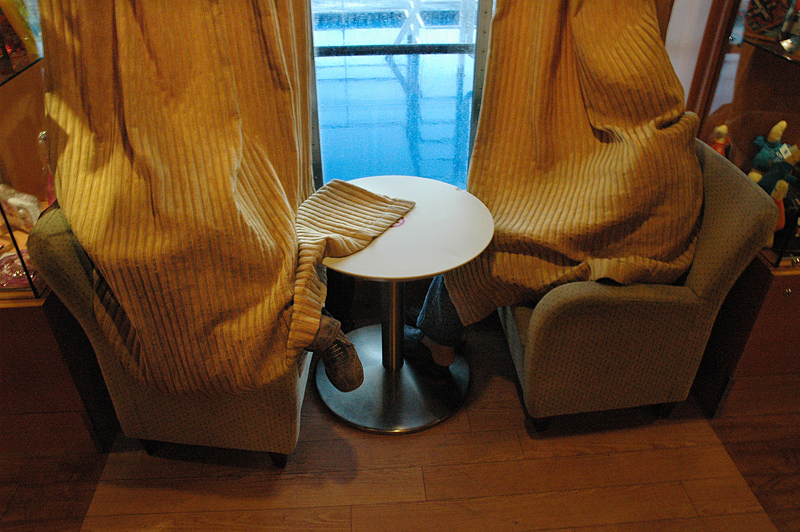
Aegean Sea, Greece: photo by Andreas Katsatos, 23 July 2004

DSCF2913-01-01: photo by Arth Figueroa Jumagdao, 8 February 2017

DSCF2913-01-01: photo by Arth Figueroa Jumagdao, 8 February 2017

DSCF2913-01-01: photo by Arth Figueroa Jumagdao, 8 February 2017

[Bangkok]: photo by Sakulchai Sikitikul, 11 November 2016

Siam Center, Bangkok: photo by Lord TonGy in Bangkok, 5 October 2013

Zen, April 2012 [Siam Square, Bangkok]: photo by Lord TonGy in Bangkok, 8 April 2012

[Songkhla, Thailand]: photo by Sakulchai Sikitikul, 28 April 2016

[Songkhla, Thailand]: photo by Sakulchai Sikitikul, 28 April 2016

[Songkhla, Thailand]: photo by Sakulchai Sikitikul, 28 April 2016

2017_0211_17162400-02: photo by Arth Figueroa Jumagdao, 11 February 2017

2017_0211_17162400-02: photo by Arth Figueroa Jumagdao, 11 February 2017

2017_0211_17162400-02: photo by Arth Figueroa Jumagdao, 11 February 2017

DSC_8182: photo by ilan Ben yehuda, 14 April 2016

DSC_8182: photo by ilan Ben yehuda, 14 April 2016

DSC_8182: photo by ilan Ben yehuda, 14 April 2016

[Untitled]: photo by Tonatiuh Cabello, 11 December 2015

[Untitled]: photo by Tonatiuh Cabello, 11 December 2015

[Untitled]: photo by Tonatiuh Cabello, 11 December 2015
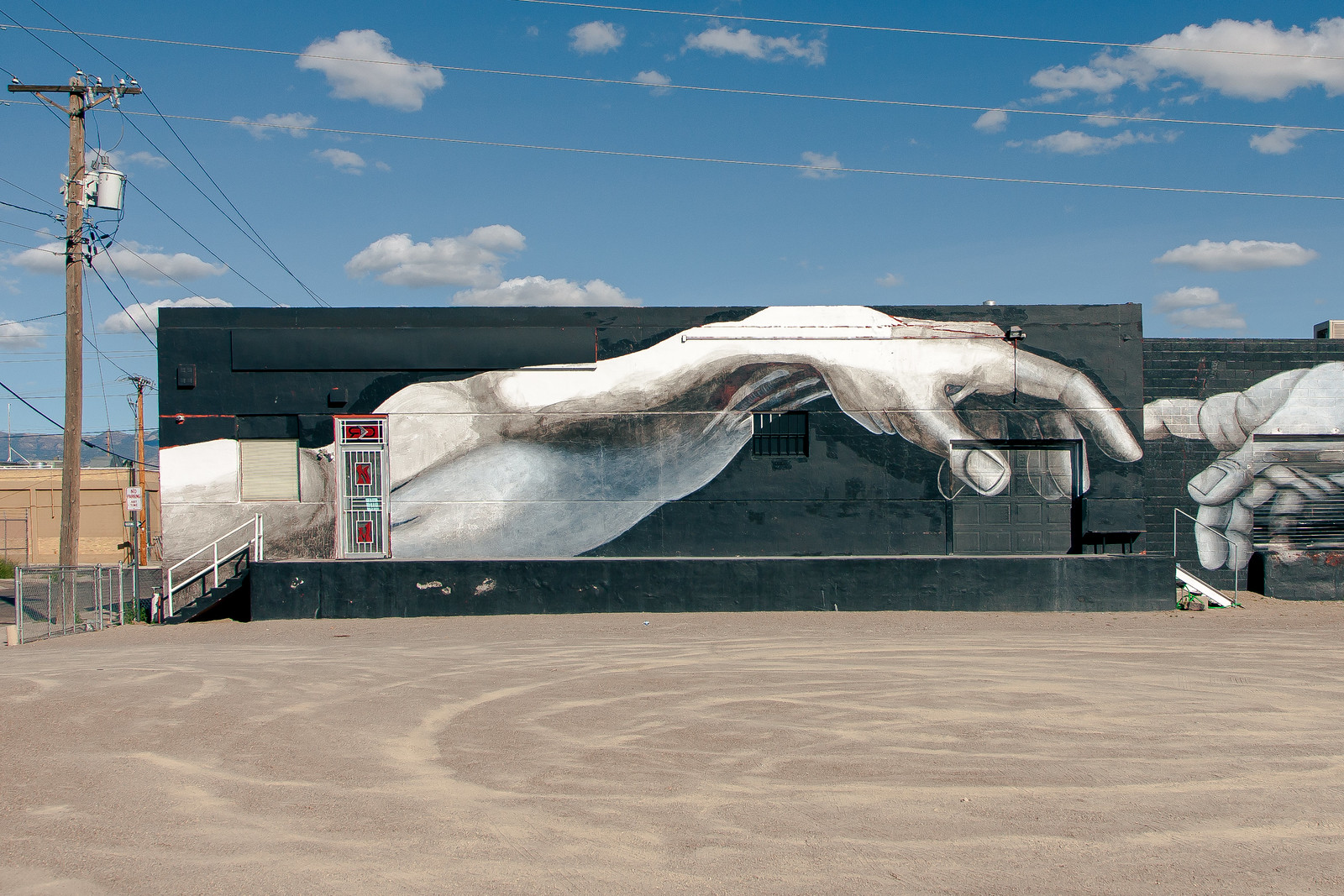
Albuquerque, New Mexico: photo by Jorge Guadalupe Lizárraga, March 2017

Albuquerque, New Mexico: photo by Jorge Guadalupe Lizárraga, March 2017

Albuquerque, New Mexico: photo by Jorge Guadalupe Lizárraga, March 2017
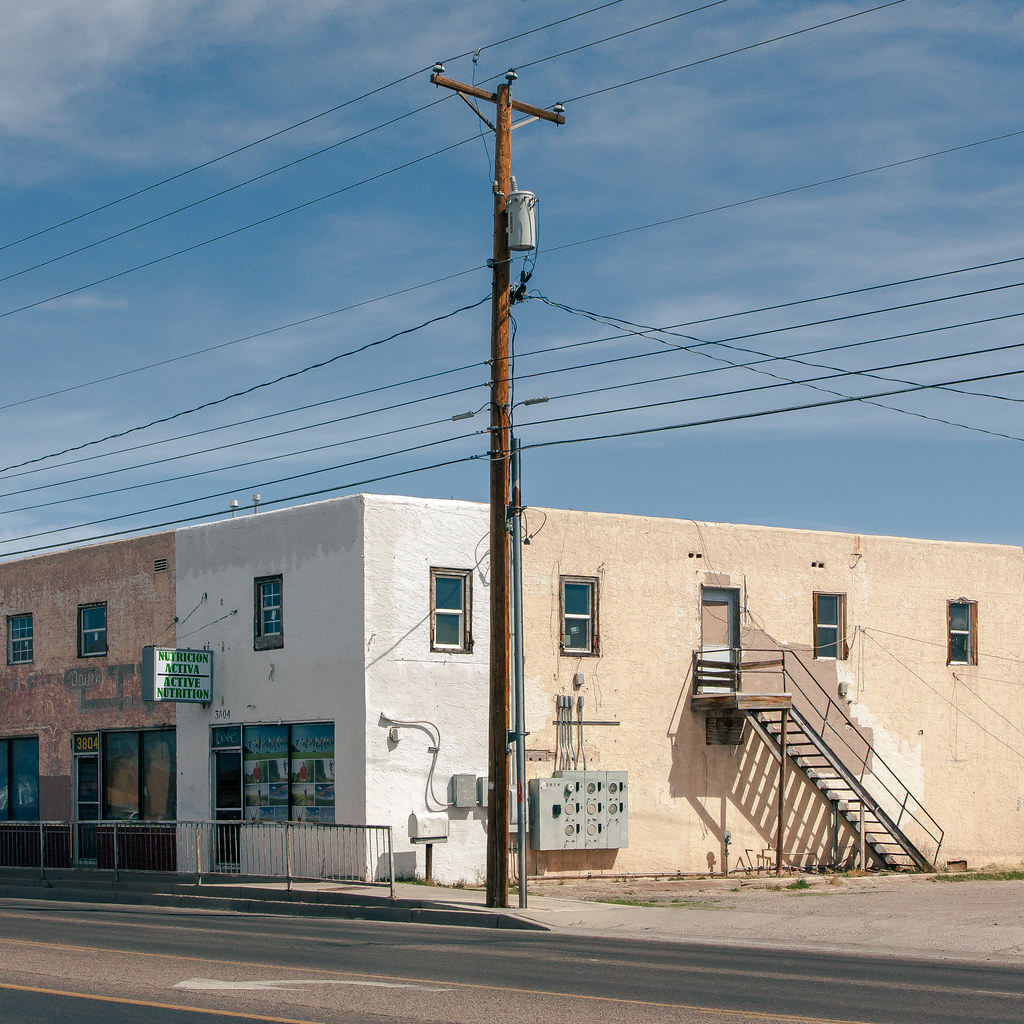
Albuquerque, New Mexico: photo by Jorge Guadalupe Lizárraga, March 2017

Albuquerque, New Mexico: photo by Jorge Guadalupe Lizárraga, March 2017

Albuquerque, New Mexico: photo by Jorge Guadalupe Lizárraga, March 2017

Albuquerque, New Mexico: photo by Jorge Guadalupe Lizárraga, March 2017

Albuquerque, New Mexico: photo by Jorge Guadalupe Lizárraga, March 2017

Albuquerque, New Mexico: photo by Jorge Guadalupe Lizárraga, March 2017

Albuquerque, New Mexico: photo by Jorge Guadalupe Lizárraga, March 2017

73 year old widow Umm Ahmad inside her home in Kafr Batna, Syria, March 26, 2017. @AbdDoumany @AFPphoto @afpfr: image via L'Instant-ParisMatch @instantmatch, 27 March 2017
beautiful poems!
ReplyDeleteAnother outstanding post Tom! Thanks for introducing me to Ceravolo and for sharing these poem. The last lines of the first reminded me of Supervielle:
ReplyDeleteOne day we’ll look back on it ... the time of the sun
when light fell on the smallest twig
on the old woman the astonished girl
when it washed with colour everything it touched
Followed the galloping horse and eased when he did
that unforgettable time on earth
when if we dropped something it made a noise
and like connoisseurs we took in the world
our ears caught every nuance of air
and we knew our friends by their footsteps
time we walked out to gather flowers or stones
that time we could never catch hold of a cloud
and it’s all our hands can master now.
(“Le regret de la terre”, version by Peter Sirr)
Thank you, dear Sandra! That makes two of us who think so!
ReplyDeleteEverybody else is missing the boat. It sailed so long ago...
(Of course, without a head, how could someone ever catch a boat, in the first place?)
ReplyDeletebilloo,
ReplyDeleteI think I should take up magic, Joe C has just received two comments!
And I was posting one when the other came in!
In later years I've developed the curious, and surely geriatric-reactive, impression that Americans are lazy dumb ingrates who appreciate nothing, least of all their own creations!
The beautiful Supervielle poem, with its evocation of a beautiful lost world, is full of nostalgic affect.
Affect, of course, was meant to have been drained out of American poetry, sometime around the conquest of poetry by the pomo professariat.
J, and his poetry, would perhaps come under the heading of what William Carlos Williams called, in another context, pure products of America.
Joe was a workingman, a family man, never a scenemaker. He is supposed by those who fabricate the post canonical canons, for the edification of obedient academic sheep, to have ceased to "matter" after the 1970s, when his poems stopped being wonderfully lyrical baby talk and became serious adult work, with surprising spiritual depth and overarching humanity. The palpable burden of suffering in the later work became an opaque marker. He had previously been thought to have been (and, out of laziness, is still thought to have been, for the convenience of pigeonholing) a "member" of the "New York School", a pure fabrication on the part of those whose easy selfcongratulatory sinecure histories prevented close inspection.
He lived in New Jersey, not New York... and not far, as a significant matter of fact, from Dr. Williams, in Rutherford.
WCW was in many ways the spiritual ancestor of his poems.
Allowing your poetry to admit the woes, pains, fears, and dark revelations of dying of cancer in mid-life -- that would (and did) constitute a total No-No in the "School", which was/is founded on light jokes, social association, and a kind of clublike lubricating hilarity (Our Crowd, wink-wink-nudge).
"My g-g-g-eneration..."
But "Generations" -- those eager hungry things, as Keats, soon to be superseded himself, characterized them -- always eat, then kill what came before them.
A sort of faux-benign late capitalist cannibalism, one might suggest, and as such Only Natural, like they say.
ReplyDeleteNobody will have read one word I have just said, thank heavens, nor will anybody be interested in hearing that it's not without a wee pang of guilt that I suggest Joe's later work might be as good as nay even better than his early, but you know how it is with the old... unless you don't... and of course you don't! If you did you wouldn't be here, up this late, etc.
Anyhow, brilliant deep from Jump Street was holy joe, believe you me. Just... different, when young. As who isn't.
Inspired babytalk, the nativity of speech.
To give you a taste... in case you're curious [he jested]...
In this review of his first book, Fits of Dawn, writ fifty years ago, I brought up cave paintings as an analogy for the amazing poetic skills under examination. Still seems a pretty good try.
Now, I know you're not never no way ever going to have the patience to find that. But still. A woolly mammoth on a cave wall, 30000 years ago. OK, deer. OK, woolly mammoth. No worries.
TC review Joseph Ceravolo: Fits of Dawn, Poetry Magazine, May 1967, pp 110-112
(Also, BTW, it is to be hoped that none would dare draw the conclusion, from my earlier generalization about Americans, that either Sandra or billoo was guilty of being one.)
Thanks for that, Tom. Could I just ask a silly question? In the article why do you say "abstractly"? Someone made a comparison with Blake. Would be very interested to hear your thoughts.
ReplyDeleteI've started in the middle of the Collected Poems (found the earlier ones too jumpy, haphazard..which is not a comment on the poetry, of course, but on how I'm not in tune with the music or rhythm of them).
billoo,
ReplyDeleteNot a silly question at all, and it's heroic of you to have fished that ancient review out of the depths. Perhaps "jumpy, haphazard" and "abstract" are complementary, not contradictory ways to characterize those early poems. They seem not so much to use a poetic language as to invent one. There is a childishness. At times the poet seems to be writing in a language that imitates the speech of his small children. This is what I meant by "inspired babytalk". In critical terms, the issue would be whether this practise would be called faux naif, or something else -- the work of a truly naive "original", an "innocent". In any case, because of publishing histories and associations, and also because of the laziness of categorizing, it became that early work which established the poet's reputation, and secured his permanent credential, as an avant-gardist. Those who found it useful to include Ceravolo in academic postmodernist histories either conveniently ignored, or, as I believe, never actually read the later work.
Which is unfortunate, because it's the later work, which dares to speak in an adult voice, and quite directly, and so often with the formidable burden of difficult experience, that I'd now value as much more lasting.
(BTW I hadn't re-read that early review in years -- O my! I fear the youthful enthusiasm may be carrying the aspiring critic away just a bit, there!)